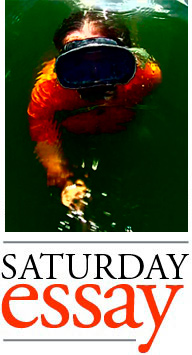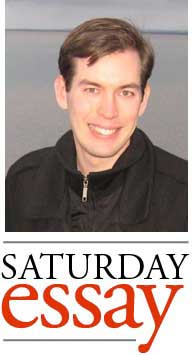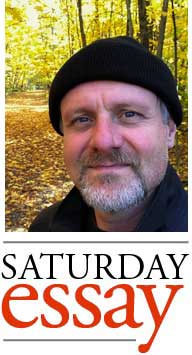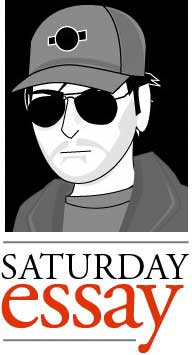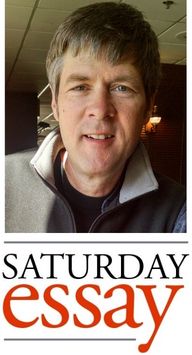Safe Passage
 For as long as I’ve been writing, and that’s been for about twenty years or so, reader, I’ve made my contact information available for people to reach out to me with questions and comments about what I write.
For as long as I’ve been writing, and that’s been for about twenty years or so, reader, I’ve made my contact information available for people to reach out to me with questions and comments about what I write.
A couple of months ago someone sent me a message through Instagram saying that I have privilege because I can pass as a cisgender woman and also asked why I haven’t used that privilege by being more visible in the trans community. I take every question seriously—well, all the serious ones, at least, so I’ll take my time here to answer.
Passing is complicated. Even the word is complicated. I don’t use it. I blend. And there was, of course, a time when I didn’t. Being misgendered hurts. And there are trans women who are routinely misgendered throughout their transition and I’m acutely aware of that because of my own experiences early in my own transition. Is there privilege in blending? I suppose there is. Does it make my life easier? Undeniably. When I’m out in public, my identity as a woman is not questioned or rebutted at a restaurant or at a grocery store, at the clinic or anywhere I go. It gives me access. It gives me peace of mind.




